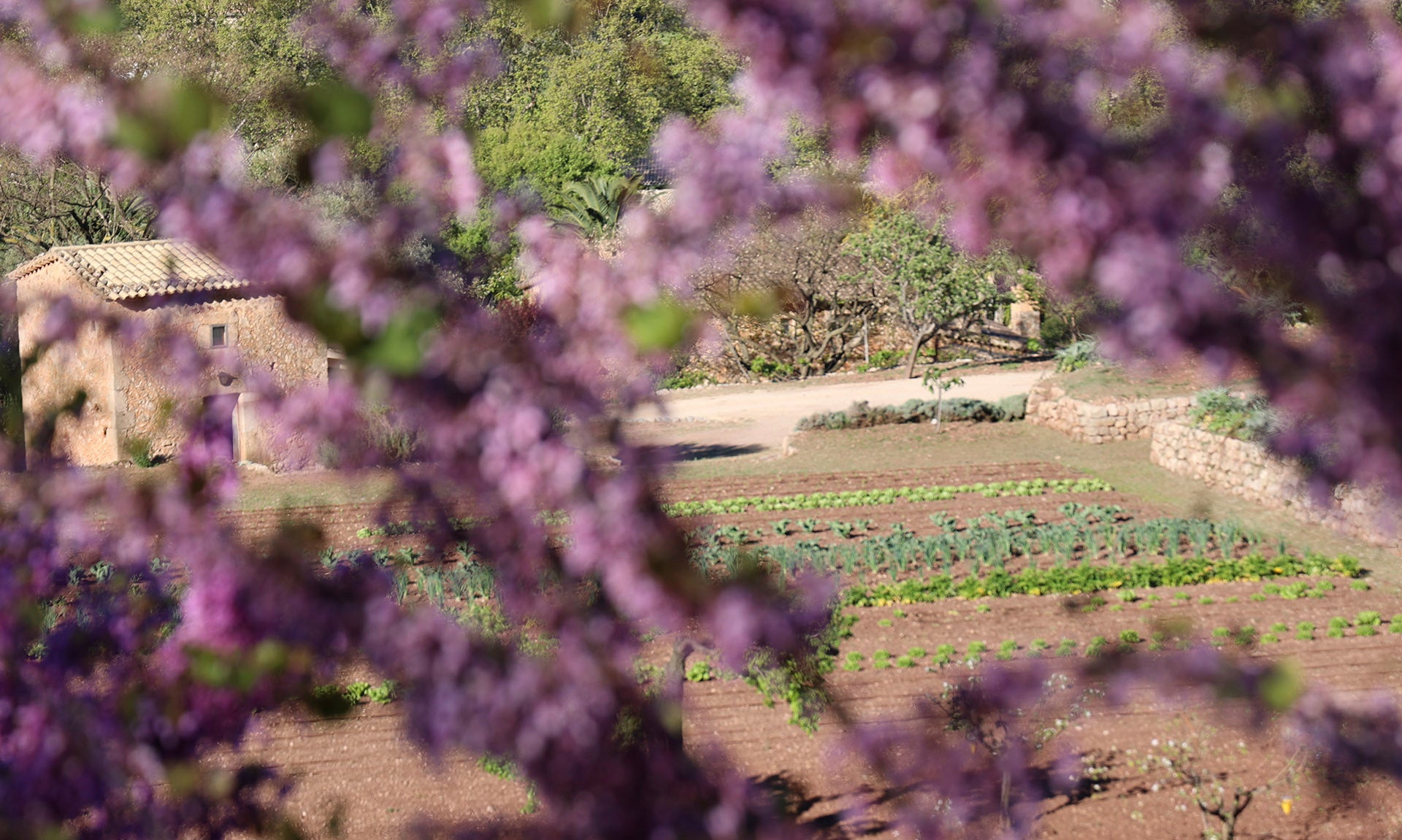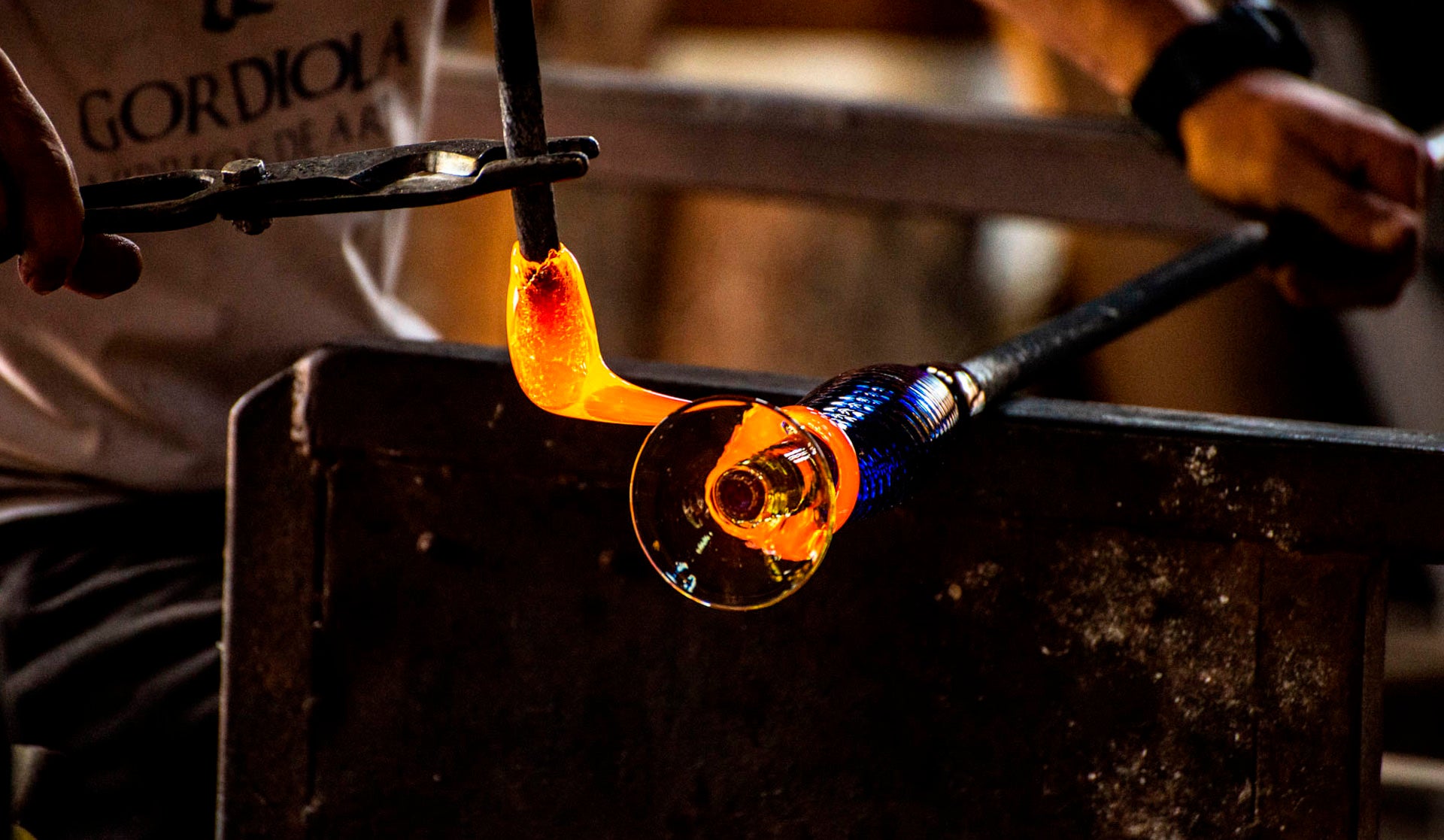
ORGANIC OR ECOLOGICAL AGRICULTURE?
Have you ever wondered if organic agriculture is the same as ecological agriculture? Or perhaps, have you questioned what exactly the term "organic agriculture" refers to? After all, shouldn't any form of agriculture be "organic" in the sense of cultivating living organisms? The truth is, the multiplicity of terms, often used in confusing ways—sometimes even intentionally—does not help consumers, who often do not really understand what is being sold to them. When we add the bad practices of some companies that take advantage of the public’s lack of knowledge to engage in greenwashing with misleading messages, the result is considerable confusion and growing distrust, which ends up undermining the work of those farmers who truly do their job well.
One of the roots of this confusion in the Spanish speaking world is the dilemma between what is organic and what is ecological in the definition of agriculture. To clarify these concepts, it is useful to trace the origin of the terms.

Organic Agriculture
The expression "organic agriculture" was popularized by the highly-recommended classic 1940 book "Look to the Land" by Lord Walter Northbourne. In this text, Northbourne describes a farm as an interrelated organism, emphasizing the importance of thinking of the land as a living entity composed of interconnected parts. This holistic view of agriculture arose as a reaction against the industrialization of farming and the increasing use of chemical substances to control pests and promote crop growth.

In the English-speaking world, this approach translated into the concept of organic agriculture, a term that would eventually become established to refer to agriculture that avoids the use of synthetic fertilizers and pesticides and focuses exclusively on the use of natural compounds for garden care.
In the Spanish-speaking world, the term "organic agriculture" is used as a direct translation from English, and this usage has been consolidated in many Spanish-speaking countries. However, in Spain, the correct term is "ecological agriculture," which was established in the 1980s to refer to a system of agricultural production that respects the environment, maintains biodiversity, and avoids the use of synthetic chemical products, such as fertilizers and pesticides. In other words, an almost identical concept, with the difference being that within the European Union, the term "ecological" is the one that is legally regulated, and products marketed under this label must comply with specific standards. Saying that a product is ecological carries guarantees that go far beyond mere description.
ECOLOGICAL IN THE BALEARIC ISLANDS AND IN EUROPE
In the Balearic Islands, the "Certification Entity for Ecological Agriculture" (CBPAE) is the authority responsible for ensuring that producers and processors comply with the principles of this type of agriculture. The CBPAE conducts periodic inspections and certifies products that meet the requirements, granting them the ecological agriculture seal.

Specific Rules for Ecological Agriculture in Europe:
- Prohibition of Synthetic Chemical Products: The use of synthetic fertilizers, pesticides, herbicides, or other synthetic chemical products is not allowed. Instead, natural methods must be used for pest control and soil fertilization, such as composting and crop rotation.
- Soil Management: Practices that maintain and improve soil fertility must be applied, such as crop rotation, the use of green manure, and the incorporation of organic matter.
- Animal Welfare: In ecological livestock farming, animals must be raised in conditions that allow them to express their natural behavior. This includes access to the outdoors, feeding with ecological pastures or fodder, and restrictions on the use of conventional medicines.
- Seeds and Plant Material: Ecological seeds and plant material must be used whenever possible. If they are not available, alternatives can be used, but under certain conditions.
- Certification and Labeling: Products sold as "ecological" must be certified by a competent authority and bear the EU ecological logo along with the code of the certifying entity.
It is important to use terminology responsibly. Words carry specific meanings and, in some cases, are regulated by law, which implies very precise rights and duties. At SONMO, we always talk about ecological agriculture and are deeply committed to the highest standards of sustainability and quality. In this way, we protect not only our environment but also the trust that our customers place in us and in our sector

At SONMO, we always talk about organic farming and are deeply committed to the highest standards of sustainability and quality. In this way, we not only protect our environment but also the trust our customers place in us and in our industry.
To learn more about the processes involved in creating our products and everything that goes into them, we have videos on YouTube that show it, which can be viewed here. You can also explore our entire product range, which follows the standards and regulations of Organic Farming in Europe, in our online shop.



